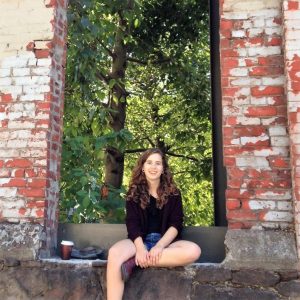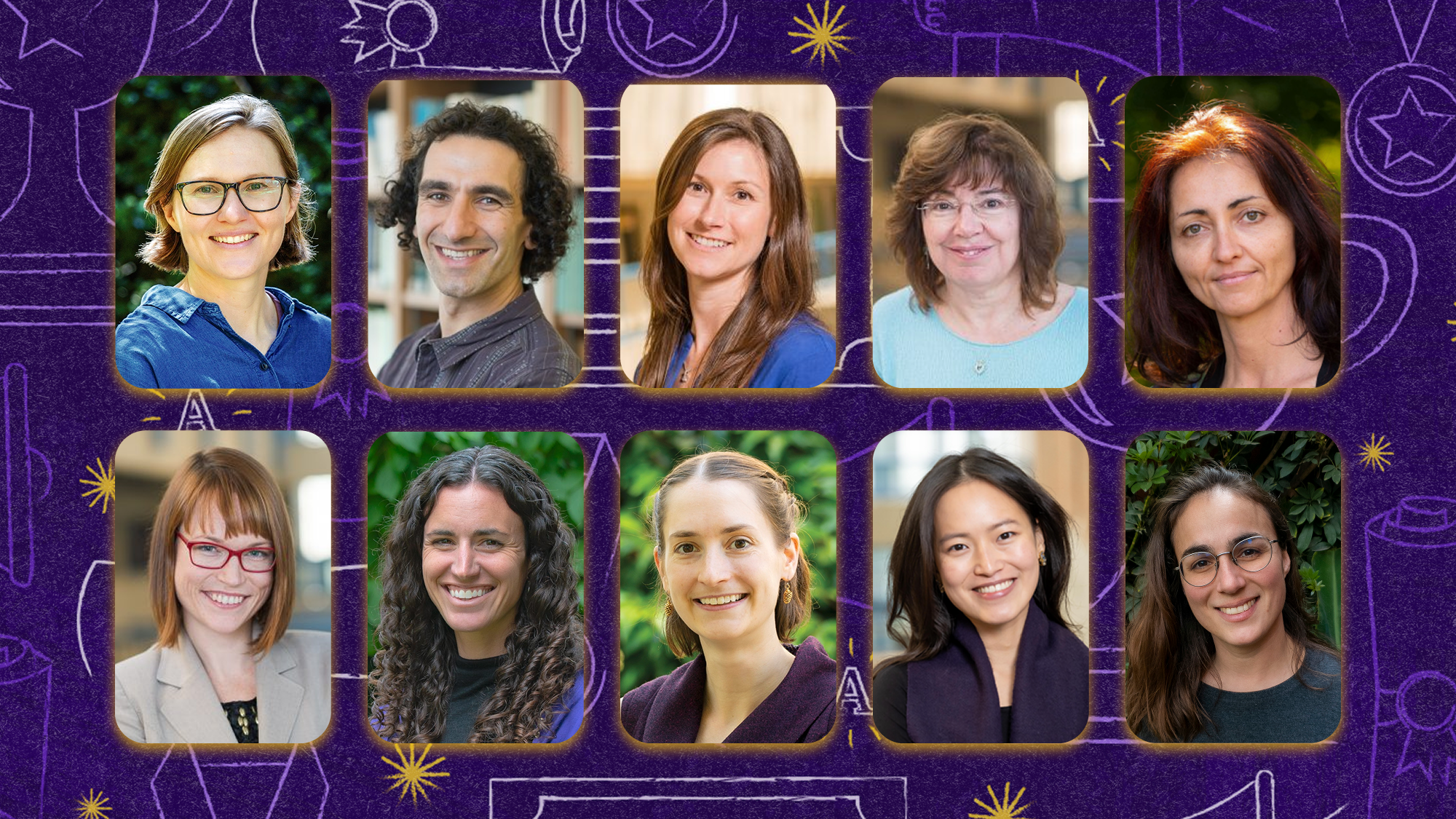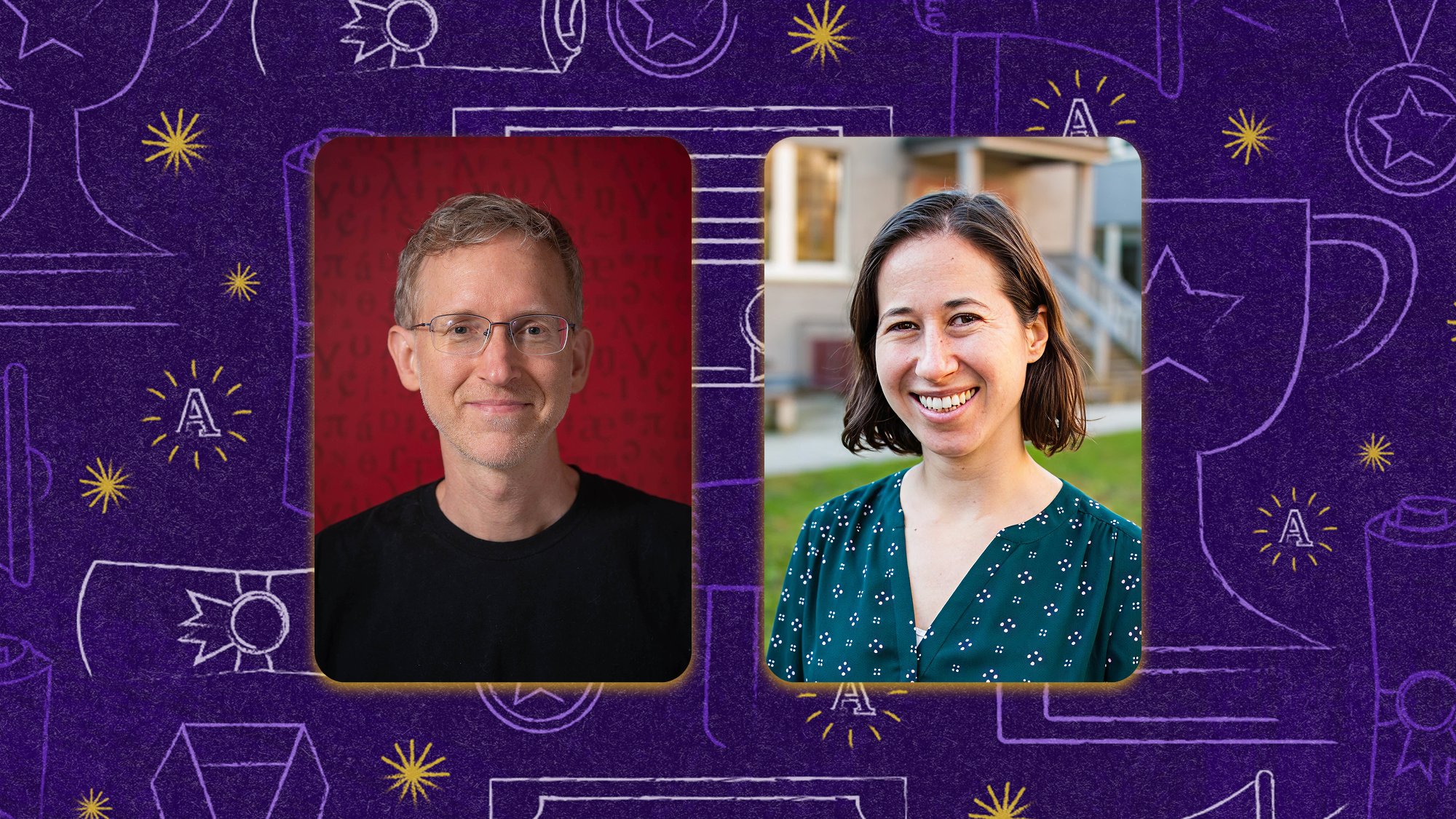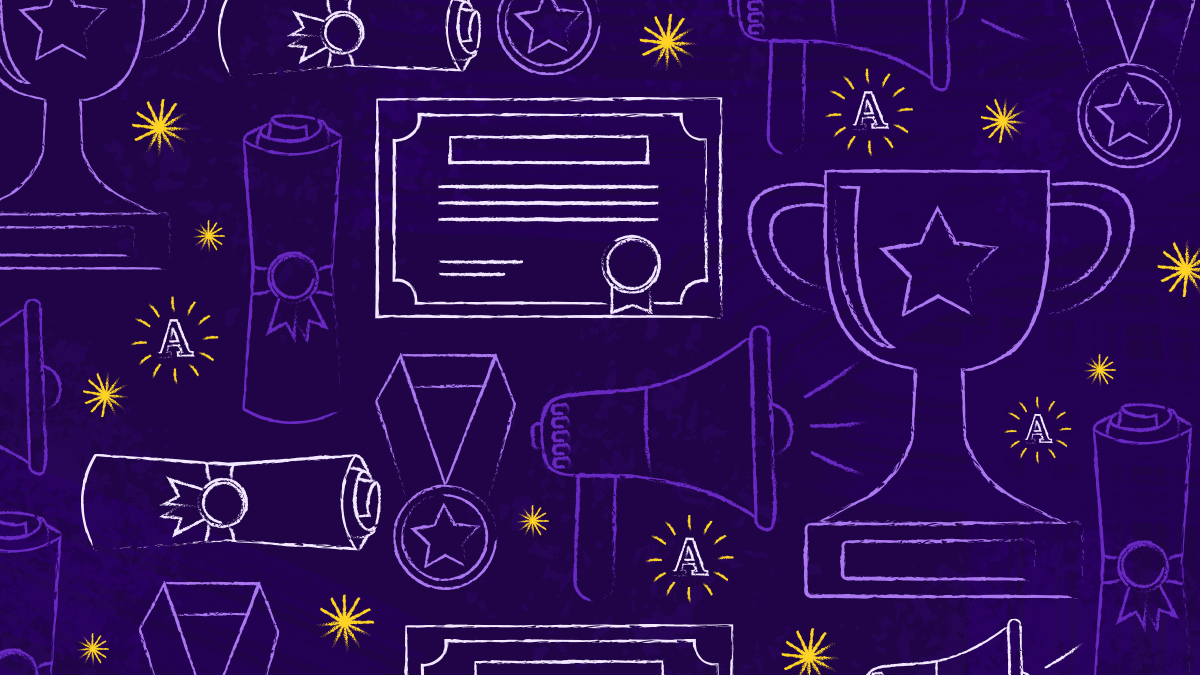

How did you become interested in your field of study?
I first discovered what the discipline of Anthropology was while taking a Sociology class in high school and I felt like I had finally found a word for what my interests were. I really enjoy exploring contemporary methods of the Anthropological focus in holistic and intersectional discourse. I believe this is critical in a society where it can be really hard to understand a perspective that seems so opposed to your own.
Is there a place on campus where you go to practice or connect with your culture?
Where I feel most connected is the peace and quiet of the outdoors – I love a certain bench behind the Museum of Anthropology that gives a view of the North Shore mountains and also a certain spot overlooking Wreck Beach. Nitobe Gardens is also a beautiful place to recharge. I also really enjoy calling home and catching up with my family once or twice a week to remember the support system I have.
You participated in the Aboriginal Undergraduate Research Mentorship program could you tell us more about this? How did this program impact your undergraduate experience?
I heard about the Aboriginal Undergraduate Research Mentorship program through my amazing Aboriginal student advisor Karlene Harvey! The program pairs you up with someone in a field of study you’re interested in, so I was paired with Lisa Nathan at the iSchool. I attended some lunches and events at Lisa’s suggestion and was able to hear about some of the amazing Indigenous initiatives and organizations to get involved in on campus.
This program also gave me the opportunity to connect with Indigenous students from many different faculties across UBC which was extremely valuable.
What is the hardest time of year for you during your studies? How do you navigate yourself during this time? Where do you go for support with this?
The hardest time of year for me is probably mid-term and end of term season. It can be really challenging and intimidating when you have a lot of deadlines approaching around the same time. During this time it’s important for me make a lot of lists and break papers/studying/assignments down into more manageable tasks so they seem less daunting.
I find a lot of support from fellow classmates and friends. Some of the best studying I’ve done is in study groups because you can bounce ideas off of each other. It’s great to just meet up with a friend and work together in a cafe and motivate each other.
It’s also important for me to let off some steam during this time so when I’m not studying, I spend a lot of time going to the gym and practicing mixed martial arts (kickboxing and Muay Thai). It’s important for me to have that break from course work and to focus my energy on something else.
What are your tips and tricks for time-management and healthy study habits? Do you have any suggestions for students with the upcoming finals and paper writing?
At the beginning of my degree I spent many late nights trying to study and cram last minute with no avail. Instead, I found that I have much more focus in the morning, so I always tell myself that going to bed is the best option. In general, it’s really important to take breaks, especially if you are writing a paper, as it gives you some time to distance yourself from your ideas and then re-visit them with a fresh mind. You shouldn’t feel guilty about breaks – take a quick walk or make a yummy meal. Balance is key!!
Could you tell us about the SLAIS program and your future aspirations or goals with it?
SLAIS, or the UBC iSchool, is a graduate program in Library, Archival and Information Studies. I become interested in applying to the iSchool after finding enjoyment in my current archives job on campus. Working there has made me think further about how and why we sort and organize information in the way we do. Whose narratives are we telling and whose are we suppressing? Why are rules around the organization of information and how has this contributed to ongoing colonization? All of these questions and more interest me in pursuing the iSchool in the future.
My particular interest is in the FNCC (First Nations Curriculum Concentration) at the iSchool which focuses on organizing information and record keeping in a non-patriarchal and non-colonial mindsets. I would love to see my career path eventually lead to working in an Indigenous-oriented organization and/or directly with an Indigenous community.
My plan is to apply after taking a year hiatus to work and travel in Europe once my undergrad is done in December.
ASA Tip: UBC is in the process of setting up the Research Mentorship program for Spring 2019. Check back at this link for more information in November! Talk to an ASA Advisor if you’re thinking about applying, we want to work with you to support your application.


